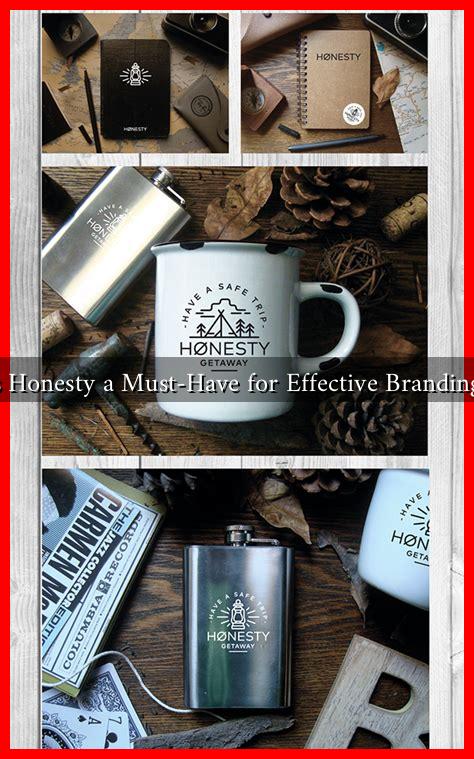-
Table of Contents
Is Honesty a Must-Have for Effective Branding?
In today’s hyper-connected world, where consumers are more informed and discerning than ever, the question of whether honesty is essential for effective branding has become increasingly relevant. Brands are no longer just selling products; they are selling values, experiences, and relationships. This article explores the significance of honesty in branding, supported by examples, case studies, and statistics.
The Importance of Honesty in Branding
Honesty in branding refers to the transparency and authenticity a brand exhibits in its communications and actions. This principle is crucial for several reasons:
- Building Trust: Trust is the foundation of any successful relationship, including those between brands and consumers. A study by Edelman found that 81% of consumers said that trusting a brand is a deciding factor in their purchase decisions.
- Enhancing Loyalty: Brands that are perceived as honest tend to foster greater customer loyalty. According to Harvard Business Review, loyal customers are more likely to recommend a brand to others, creating a cycle of trust and loyalty.
- Mitigating Risks: In an age of social media, dishonesty can lead to rapid backlash. Brands that are caught in a lie can face severe reputational damage, as seen in the case of Volkswagen’s emissions scandal.
Case Studies: Honesty in Action
Several brands have successfully leveraged honesty as a core component of their branding strategy. Here are a few notable examples:
1. Patagonia
Patagonia, the outdoor clothing brand, is renowned for its commitment to environmental sustainability. The company openly shares its supply chain practices and encourages customers to buy less by promoting the repair and reuse of its products. This honesty has not only built a loyal customer base but has also positioned Patagonia as a leader in corporate responsibility.
2. Dove
Dove’s “Real Beauty” campaign is another prime example of honesty in branding. By featuring real women of various shapes, sizes, and ethnicities, Dove challenged traditional beauty standards and fostered a sense of authenticity. This campaign resonated with consumers, leading to increased sales and brand loyalty.
The Risks of Dishonesty
While some brands may be tempted to exaggerate or misrepresent their products for short-term gains, the long-term consequences can be dire. Here are some risks associated with dishonesty in branding:
- Consumer Backlash: Brands that are caught lying can face immediate backlash on social media, leading to a loss of customers and revenue.
- Legal Repercussions: Misleading advertising can result in legal action, as seen in the case of Ben & Jerry’s, which faced a lawsuit for false advertising.
- Loss of Reputation: Once a brand’s reputation is tarnished, it can take years to rebuild trust with consumers.
Statistics Supporting Honesty in Branding
Several studies highlight the importance of honesty in branding:
- A survey by Accenture found that 63% of consumers prefer to buy from brands that are transparent about their business practices.
- According to Forbes, 86% of consumers say that honesty is a key factor in their purchasing decisions.
Conclusion: The Path Forward
In conclusion, honesty is not just a nice-to-have; it is a must-have for effective branding. Brands that prioritize transparency and authenticity are more likely to build trust, foster loyalty, and mitigate risks associated with dishonesty. As consumers continue to demand more from the brands they support, those that embrace honesty will not only survive but thrive in an increasingly competitive marketplace. The examples of Patagonia and Dove illustrate that honesty can be a powerful differentiator, leading to long-term success and a loyal customer base.

